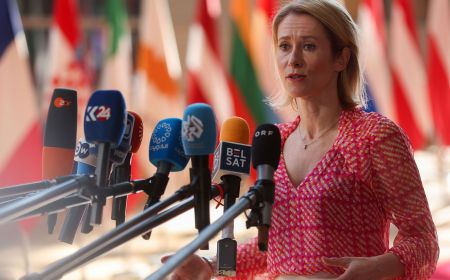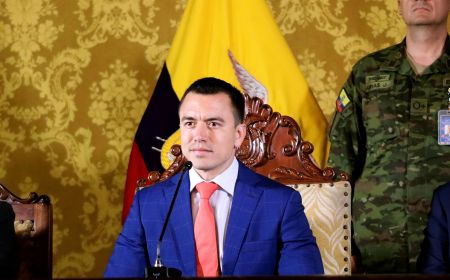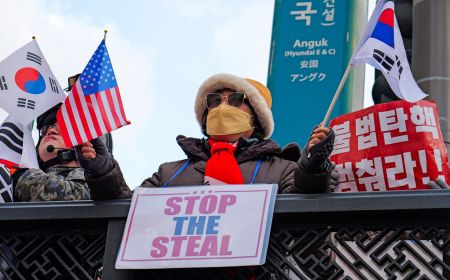European Support for Israeli and American Attacks on Iran – Short-Sighted and Dangerous
The recent U.S. and Israeli attacks on Iran come with major risks, including strengthening the incentives for Iran to build nuclear weapons. The only viable path forward is to negotiate a settlement where Iran keeps its nuclear program but cannot weaponize it. European leaders must push, both publicly and through diplomatic backchannels, to achieve such a deal. The alternative is more war and the…











